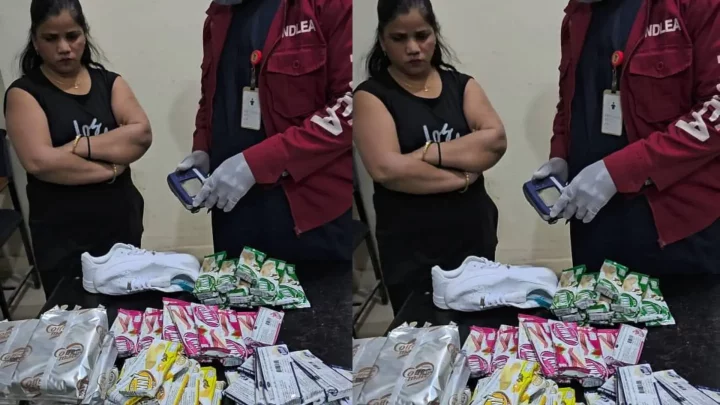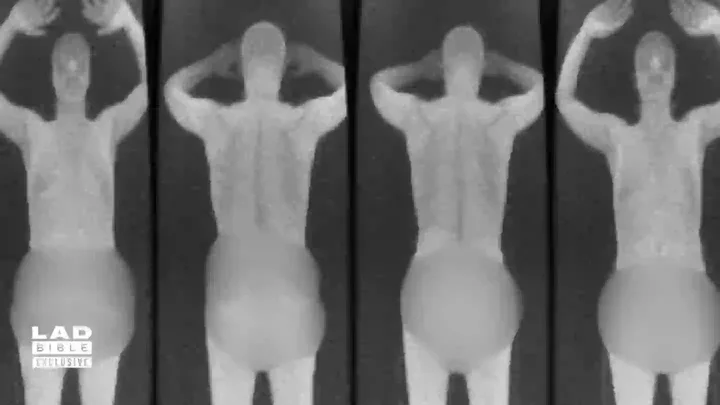
In early July, Betsy Davis emailed her closest friends and relatives to invite them to a two-day party, telling them: "These circumstances are unlike any party you have attended before, requiring emotional stamina, centeredness and openness."
And just one rule: No crying in front of her.
The 41-year-old artist with ALS, or Lou Gehrig's disease, held the gathering to say goodbye before becoming one of the first Californians to take a lethal dose of drugs under the state's new doctor-assisted suicide law for the terminally ill.
"For me and everyone who was invited, it was very challenging to consider, but there was no question that we would be there her," said Niels Alpert, a cinematographer from New York City.
"The idea to go and spend a beautiful weekend that culminates in their suicide that is not a normal thing, not a normal, everyday occurrence. In the background the lovely fun, smiles and laughter that we had that weekend was the knowledge of what was coming."
Davis worked out a detailed schedule for the gathering on the weekend of July 23-24, including the precise hour she planned to slip into a coma, and shared her plans with her guests in the invitation.
As the weekend drew to a close, her friends kissed her goodbye, gathered for a photo and left, and Davis was wheeled out to a canopy bed on a hillside, where she took a combination of morphine, pentobarbital and chloral hydrate prescribed by her doctor.
Davis ended her life a little over a month after a California law giving the option to the terminally ill went into effect. Four other states allow doctor-assisted suicide, with Oregon the first in 1997.

















Comments